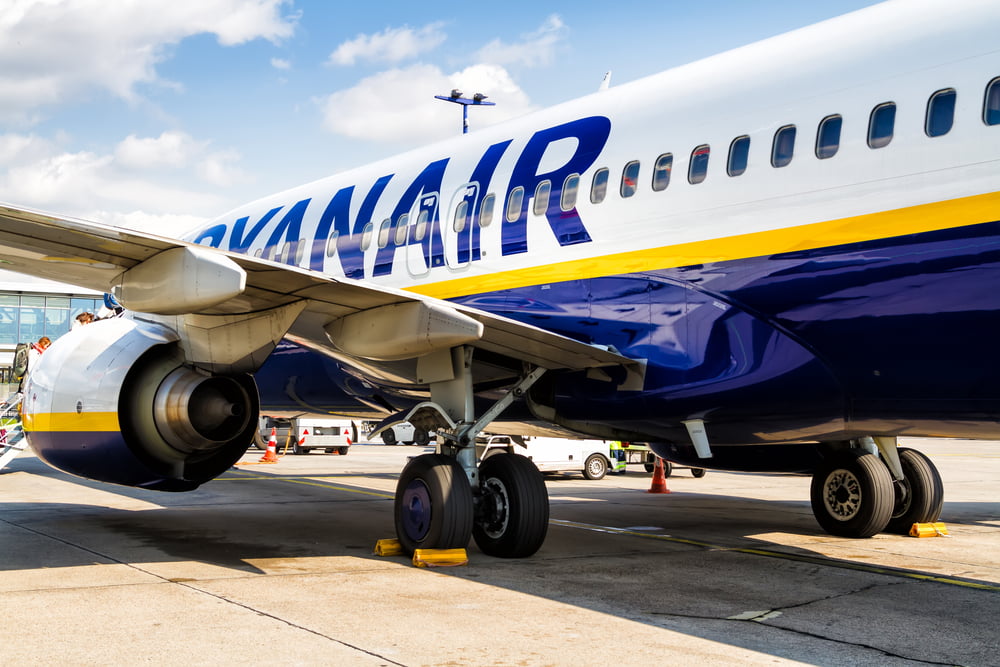The General Court annuls the decision approving EUR 3,4 billion of state aid granted by the Netherlands to KLM.
The European Court of Justice recently made a decision that affects the aviation industry and state aid regulations throughout Europe. At the heart of this legal storm is the Dutch airline KLM, which received a state aid package of 2020 billion euros from the Dutch government in 3,4 during the corona crisis. This financial injection, intended to support the airline during one of the most challenging periods in recent history, has now been ruled unlawful by the European Court of Justice.
History
In 2020, the European Commission approved Dutch state aid in favor of KLM.
This support consisted of a state guarantee for a bank loan and a state loan. The total amount of aid was EUR 3,4 billion. The aim of the measure was to provide KLM with temporary liquidity in connection with the Covid-19 pandemic.
However, in 2021, the General Court of the European Union annulled the Commission's decision1 due to insufficient reasoning regarding the identification of the beneficiary of the measure in question. Furthermore, it decided to suspend the effects of the annulment until the Commission had adopted a new decision.
The Commission subsequently adopted a new decision on 16 July 2021 in which it took the position that the State aid was compatible with the internal market and that KLM and its subsidiaries were the sole beneficiaries of the aid, to the exclusion of the other companies of the group Air France-KLM.
Ryanair
The case, brought by competitor Ryanair, revolved around the question of whether this state aid created unfair competition within the European Union. Ryanair argued that the support to KLM not only gave the Dutch airline an unfair advantage, but also indirectly benefited Air France, with which KLM forms one company under the holding company Air France-KLM. The European Court of Justice ruled in favor of Ryanair and declared that the European Commission had made a mistake by approving the state aid without thoroughly examining whether the aid would benefit only KLM or also Air France.
The implications of this statement are significant. First, it highlights the complexity and sensitivity of state aid schemes within the European Union, especially in sectors that are essential to the economy and where companies are closely linked across national borders. Second, it sets a precedent for how similar cases can be assessed in the future, with potentially far-reaching implications for how governments can support their national flagships in times of crisis.

In today's judgment, the General Court, before which the airline Ryanair has appealed, once again annuls the approval of the aid in question. It considers that the Commission made an error in identifying the beneficiaries of the State aid granted by not including the holding company Air France-KLM and Air France - two companies that are part of the Air France-KLM group - as beneficiaries to be noted.
The decision of the European Court of Justice also raises questions about the future relationship between the Member States of the European Union and their national airlines. At a time when the aviation industry is still recovering from the impact of the COVID-19 pandemic, governments may need to develop new strategies to support their aviation sectors within the limits of European law.
For KLM and the Dutch government, this ruling means that they may have to go back to the drawing board to find alternative ways of providing support that are both effective in ensuring the viability of the airline and in accordance with European regulations. This could lead to innovative approaches to state aid that could serve as a model for other Member States and their national airlines.




